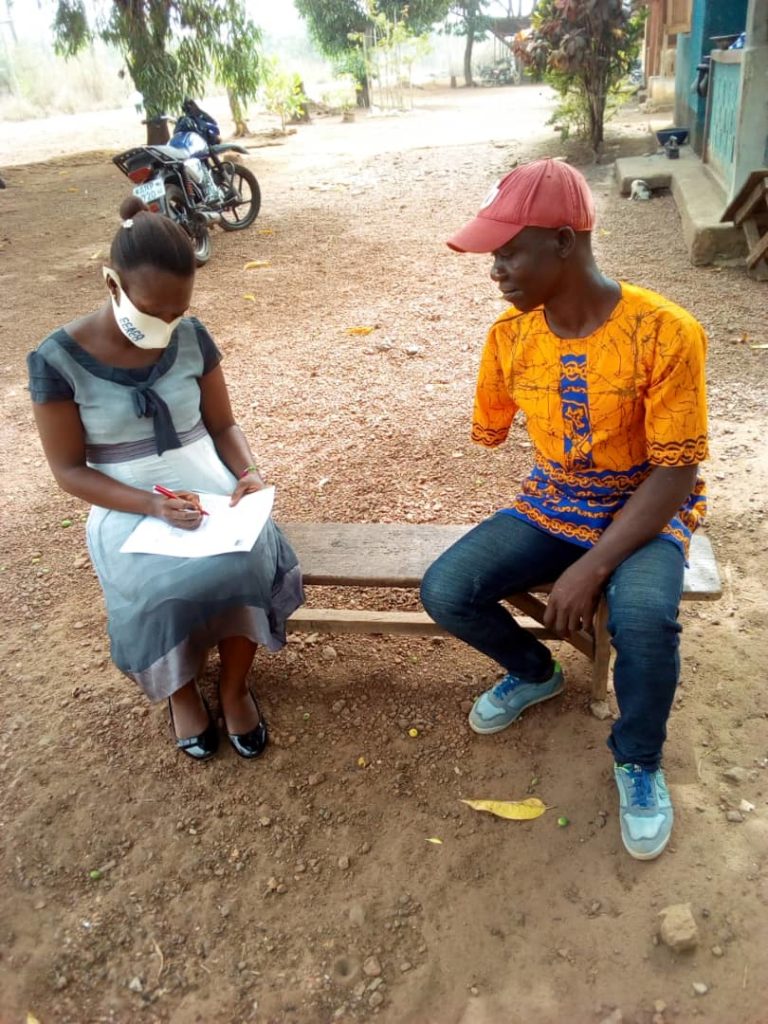We are all in need of some positive news at the moment. Please read the following for a little uplift, and thank you to those who have helped us along the way:
The UN agency UNICEF once called Sierra Leone the second most dangerous place in the world to be a child (the most dangerous was Angola during its own civil war). From 1991-2002, war lords rampaged across the West African nation of then 4.5 million people, fighting not for a political or religious cause but for diamonds, just as they did in Angola. One in nine people fled Sierra Leone, and 75,000 were killed.
Amputation – A Terror Tactic
One lasting legacy of the brutality inflicted on civilians was using amputation as a terror tactic. Cambodia famously has many amputees who lost limbs because of land mines. But in the case of Sierra Leone, chopping off arms and legs was a deliberate act. Between 20,000 and 27,000 bystanders suffered amputation by the men with guns who invaded their villages. After the war, a government truth and reconciliation commission gave reparations of between $70 and $200 to some victims, while an estimated 12,000 survivors got nothing. Many were forced into begging, since few people would hire them.
Another persisting legacy was the arrival of groups who promised to help the amputees, and then promptly went away again when their priorities changed, or their funding ran out. It turns out that “fixing” poverty is rarely achievable in the short-term.

When Network for Africa and our Sierra Leone partners, Conforti, told the 24 amputees in our self-help groups that we would provide them with cash and support to start their own money-making activities, they were understandably cynical. Then they were delighted when we made good on our promise and pleased when we encouraged them to make their own plans and buy their own supplies.
The cash distribution ceremony was attended by officials from several government ministries, as well as local politicians. Their presence was an important signal to the wider community that the amputees deserve respect and support.
Breaking The Taboo
Most of “our” amputees are no longer begging on the streets of the capital, Freetown. Now, with Conforti’s ongoing support, they are street vendors selling things like soap or mobile phone top-up, and some who are able to have even started tailoring. We had been concerned that stigma might prevent local people from supporting their businesses, but this is not the case. We congratulate our partners, Conforti, on starting to break the taboo and reversing the years of disappointment suffered by the amputees.
Thank you to our donors who have made this work possible. Please click the button below to support Network for Africa.
I’D LIKE TO SUPPORT THIS PROJECT